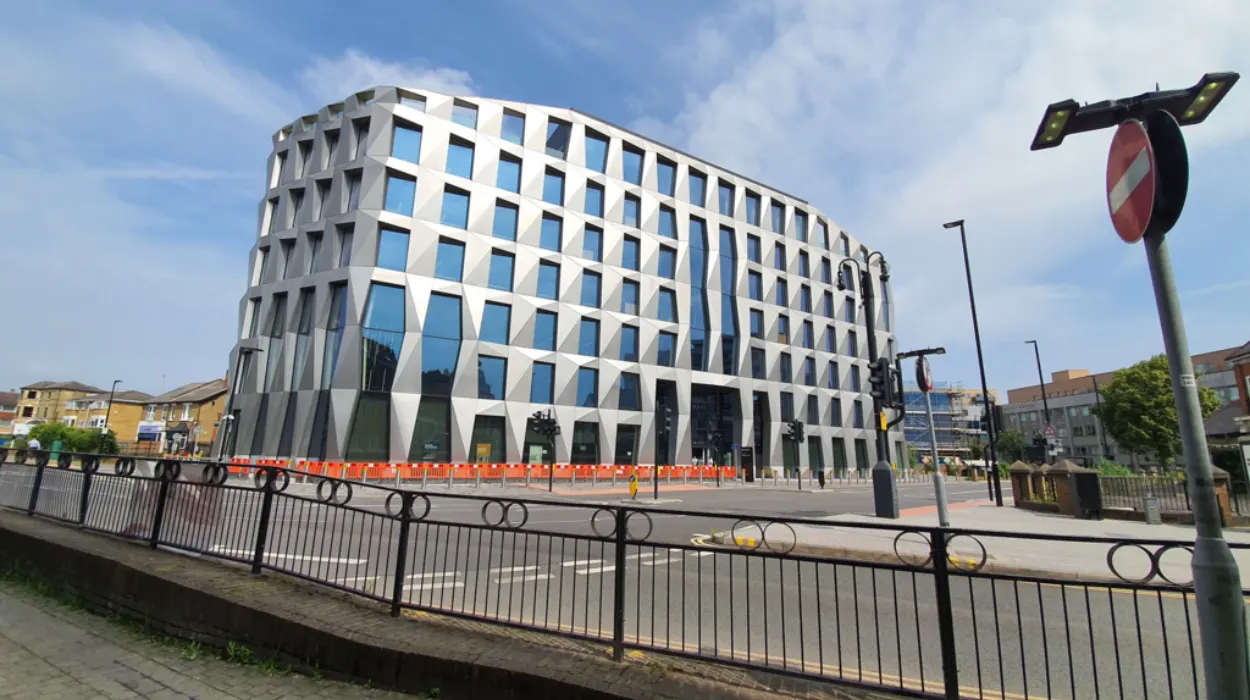Hounslow (Parliament Politics Magazine) – Despite pledging 1,000 new council homes by 2026, Hounslow Council has started construction on only one affordable home since April this year.
The Greater London Assembly released the figure, which shows a poor track record of council house construction around London during a serious housing crisis. Since April, just 347 affordable homes have been initiated across all 32 London boroughs.
According to the Conservative opposition group on the Council, Hounslow has begun construction on 38 affordable homes during the most recent fiscal year, which ran from April 2024 to March 2025. This is less than one-third of the average number of affordable homes initiated in other boroughs.
Hounslow Council performs somewhat better when home building completions are taken into account.
Since April, Hammersmith & Fulham Borough has finished 103 dwellings and begun two more. Like Hounslow, Hammersmith & Fulham began 235 and finished 400 during the fiscal year April 2024–March 2025.
Since April, Ealing Borough has only begun one house and finished none. Ealing, however, started 240 and finished 579 during the fiscal year April 2024–March 2025 (216 more than the London average).
“Affordable housing” is a broad term that encompasses shared ownership and social rent units, which are set at roughly 50% of market rates, as well as properties rented at no more than 80% of local market rates.
After Sadiq Khan and Angela Rayner agreed in May to reduce the capital’s affordable housing target by 22%, the Conservatives claim that the numbers demonstrate that “affordable housing starts have effectively ground to a halt across London.”
The decision “responds to the difficult conditions London currently faces,” according to the GLA at the time.
Tom Copley, the deputy mayor for housing, attributed the reduction in the objective to the “horrendous legacy of the last government,” high lending rates, skyrocketing building prices, and “the lasting impact of Brexit,” which he claimed made it “harder and more expensive to build homes.”
According to the Arcadis 2024 International Construction prices (ICC) report, which compares construction prices in 100 places worldwide, London is the most costly city in the world to develop in.
Given that there had already been a significant decline in new construction, the goal of developing affordable homes in London between 2021 and 2026 was lowered. According to GLA data released in November of last year, the number of new affordable houses constructed in Greater London between April 2023 and March 2024 fell by 88%, from 26,386 to 3,156.
Despite having the greatest need, London now has the fewest housing starts per capita of any English region.
Jack Emsley, Conservative Councillor for Chiswick Homefields, said:
“Hounslow, like every other borough in our city, is facing an acute shortage of affordable homes – these latest figures show that both Hounslow Council and Sadiq Khan are failing to step up and take this issue seriously.
Housing need is one of the largest single issues I deal with as a councillor, and the failure to build affordable homes in our capital is only going to exacerbate the housing crisis. Hounslow Council and Sadiq Khan talk a big game when it comes to housebuilding, but these figures show that they simply aren’t delivering.”
The Chiswick Calendar has asked Hounslow and Ealing Councils to comment.
What factors contributed to the slow progress on affordable housing in Hounslow?
The combined effects of the pandemic and Brexit placed financial and operational pressures on the council. Many people experienced reduced incomes, increasing demand for affordable housing and homelessness services.
Significant increases in material costs (over 20% in 2021) and a shortage of skilled manual workers, partly due to post-Brexit restrictions on free movement, have raised building costs and delayed construction timelines. Construction costs continue to rise by about 1% monthly, exacerbated by inflation and higher interest rates.
Rising costs and revised budgets strain the Council’s Housing Revenue Account (HRA), which finances council housing.


